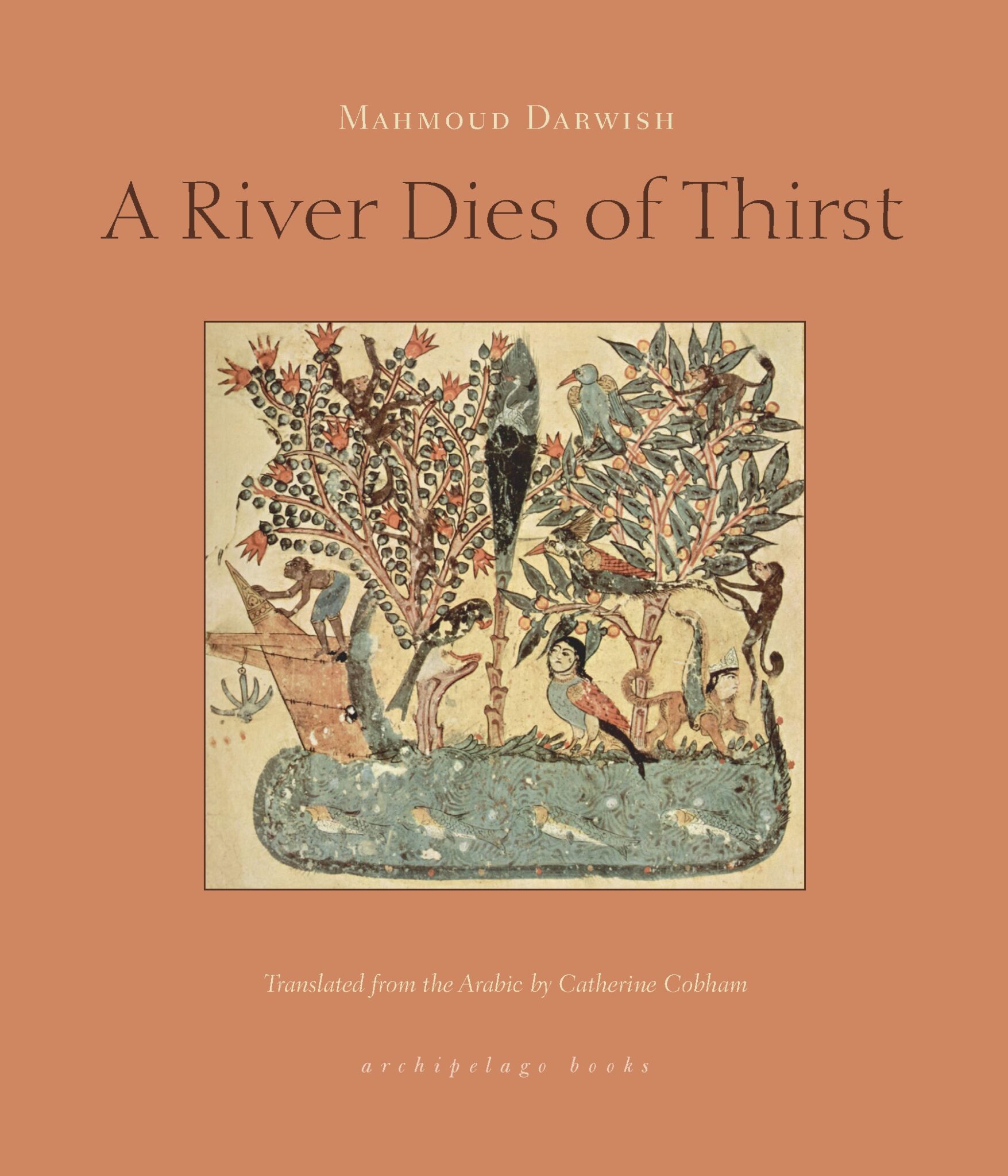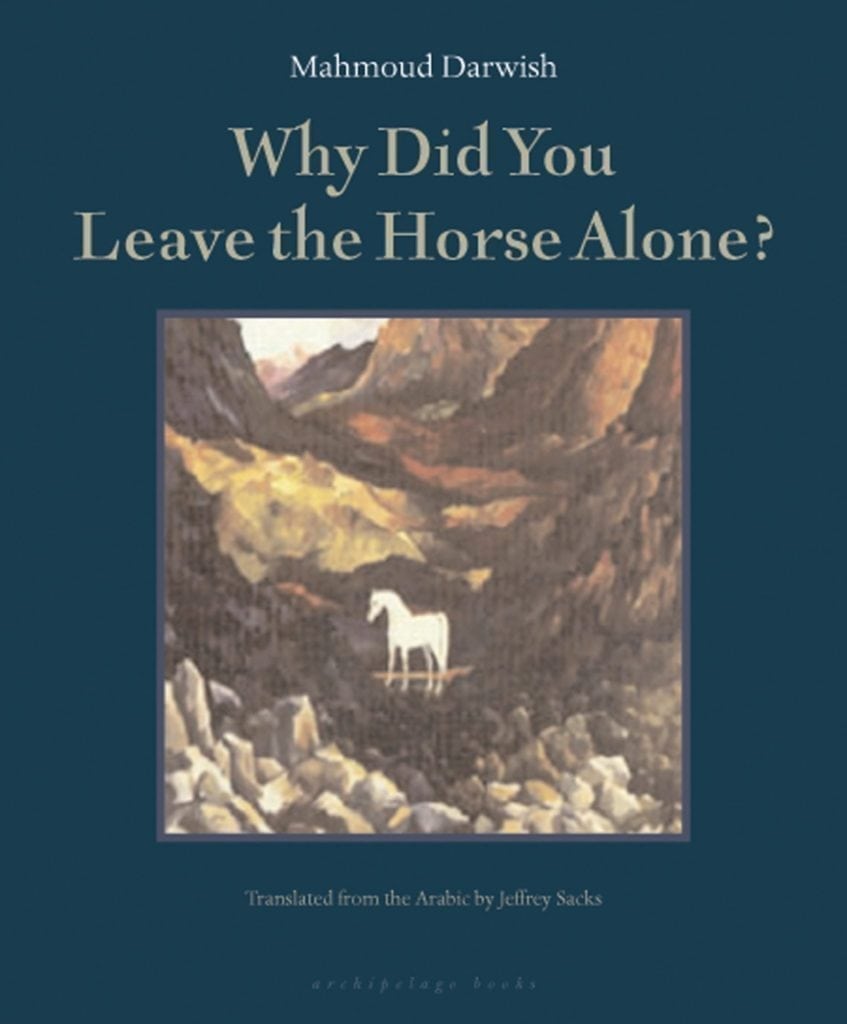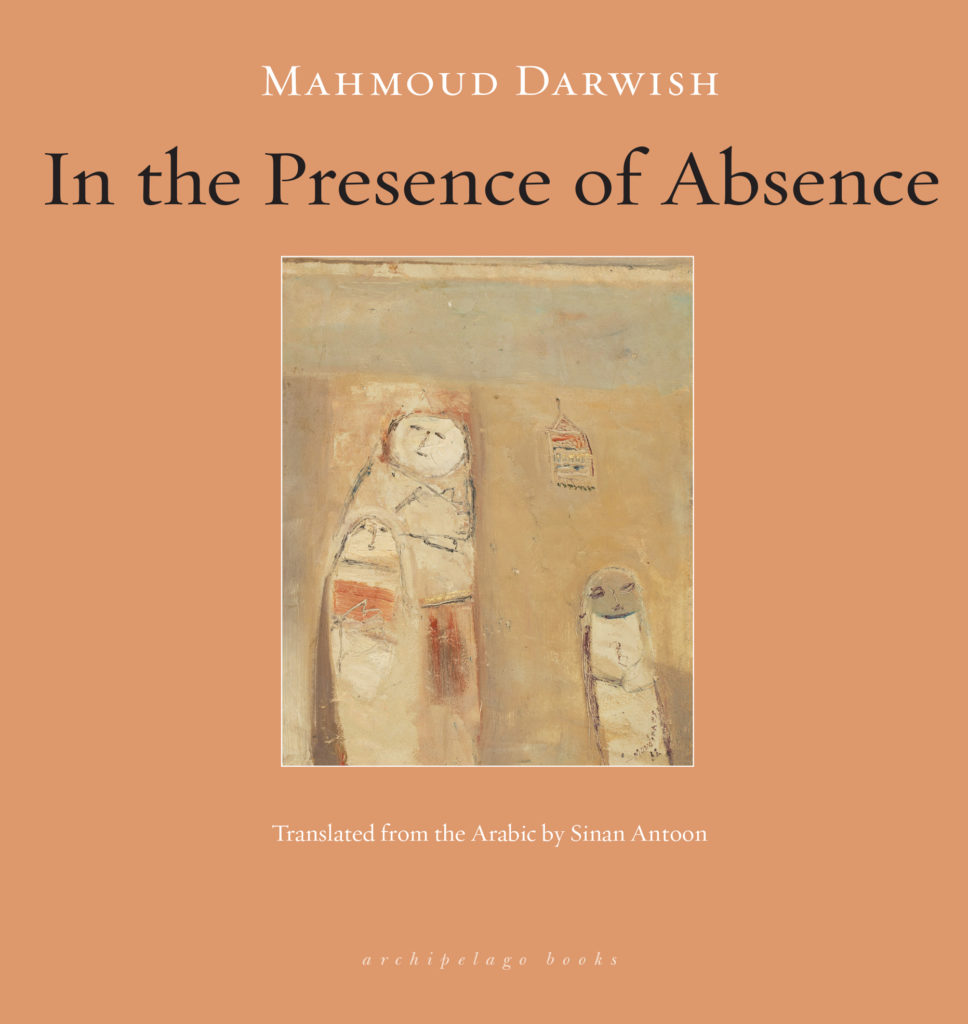Praise
Mahmoud Darwish [is] the truly great poet of the Palestinian people, their traditions and experiences. It is through the poetry of Darwish that ones learns what it meant, and still means, to be a Palestinian with cultural roots that reach far back in time...he fashioned a new literary Arabic that merged vernacular idioms with the classic language. His Arabic gave voice to the Palestinians who had been driven from their homeland, and with this voice Darwish created poetry of the highest order by any standard. He speaks for his people, but like all great poets he speaks for every human being.
Darwish is to be read with urgency, in the night, when nothing else moves but his lines.
Mahmoud Darwish is one of the greatest poets of our time. In his poetry Palestine becomes the map of the human soul.
I want to find a language that transforms language itself into steel for the spirit - a language to use against these sparkling silver insects, these jets. I want to sing. I want a language . . . that asks me to bear witness and that I can ask to bear witness, to what power there is in us to overcome this cosmic isolation.
Darwish is the premier poetic voice of the Palestinian people . . . lyrical, imagistic, plaintive, haunting, always passionate, and elegant – and never anything less than free – what he would dream for all his people.
Darwish left behind an entire continent of poems whispering and singing inside Arabic and calling on us to reacquaint ourselves with its topography.
Rarely have the personal and the political been so plainly intertwined as in Darwish’s poetry, and this book is no exception.
Like Robert Burns of Scotland, like W.B. Yeats of Ireland, Darwish was the poetic soul of his small nation.
At the center of A River Dies of Thirst is a series of exquisite love poems into which, perhaps more delicately than ever, Darwish again winds questions of identity, sexuality, language and metaphor . . .
There is no finer Arab poet for English readers to start with.
Today, Darwish’s poetry is one of the most powerful evocations of the Palestinian yearning for statehood, undogmatic but dogged in making his memories a reality.
Darwish's final poems are graced by a mood of disburdenment, a ghostly lightheartedness. It is as if the poet felt himself liberated at last from all his prior performances, or as if the long siege of history had momentarily lifted and set him free.




